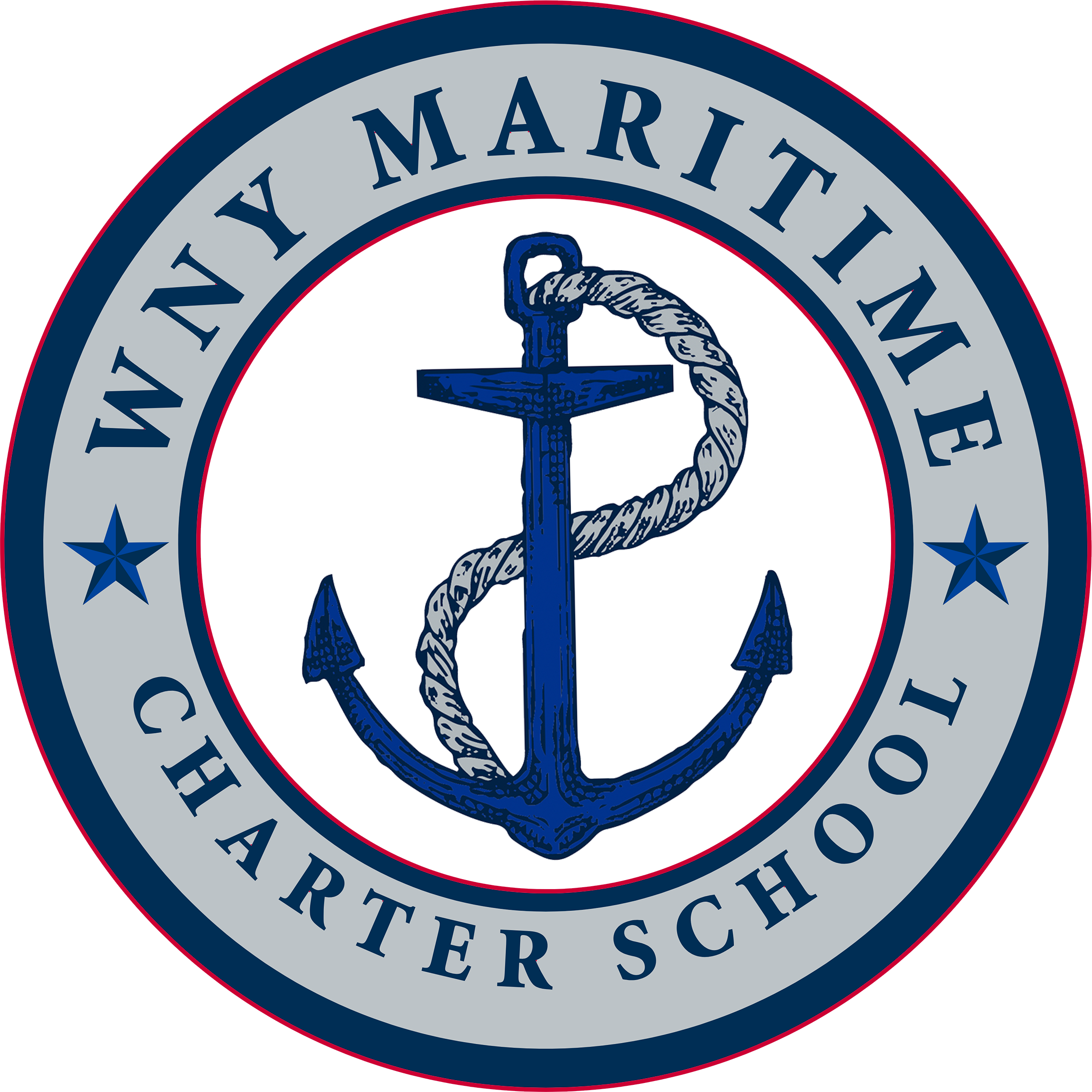Skip to content
Apply Now!
Forms
Contact Us
Show submenu for About WNYMCS
About WNYMCS
What We Stand For
Administration & Facilities
Show submenu for Parents & Students
Parents & Students
Athletics
NJROTC
Show submenu for Departments
Departments
Student Services
Curriculum & Instruction
Guidance Office
Show submenu for
